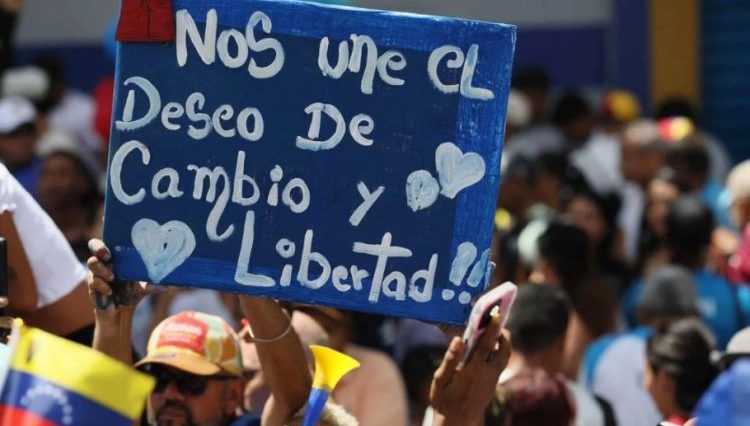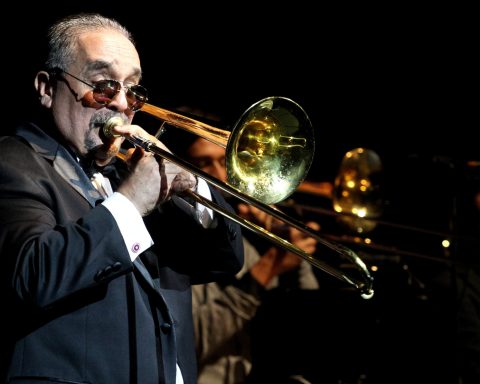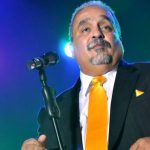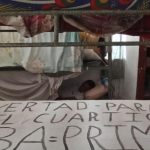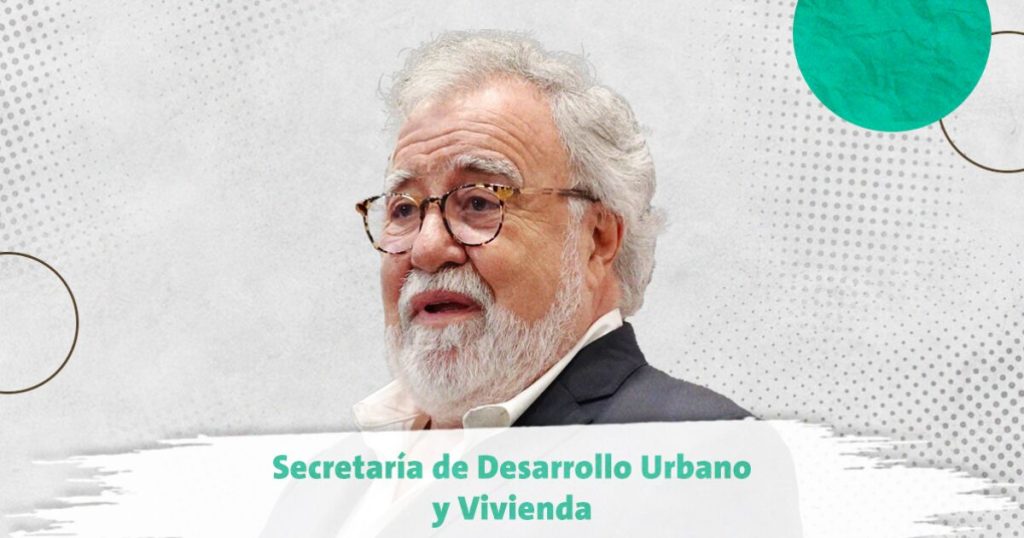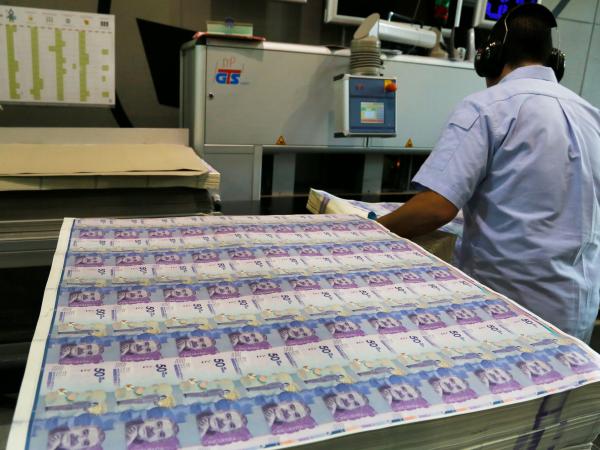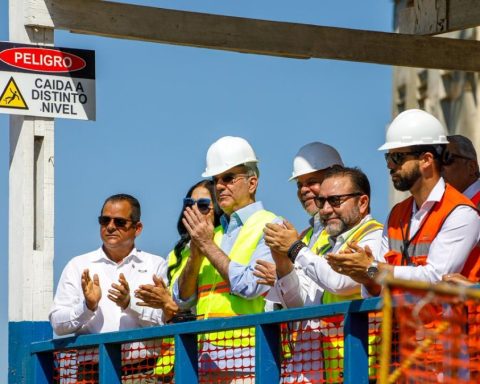MADRID, Spain.- Several Latin American leaders have reacted this Thursday to the ruling of the Supreme Court of Justice (TSJ) of Venezuela, which confirmed the official results of the elections of July 28, giving victory to the current ruler, Nicolás Maduro. The electoral process, widely criticized both inside and outside the country, has been pointed out as fraudulent by various political figures and international organizations.
Chilean President Gabriel Boric was one of the first to to pronounce on the TSJ decision, condemning what he described as a consolidation of electoral fraud. Through the social network X, Boric expressed his repudiation of the sentence, and stated that it “finally consolidates the fraud.” In his message, the Chilean president emphasized that Venezuela faces a dictatorship that manipulates the electoral results, represses the opposition and is indifferent to the humanitarian crisis that has led millions of Venezuelans to flee the country, comparing the situation with the exodus caused by the war in Syria.
“I have looked into the eyes of thousands of Venezuelans who are calling for democracy in their country and who today receive another slam. Chile does not recognize this false self-proclaimed victory of Maduro and company,” the post reads.
For his part, the President of Uruguay, Luis Lacalle Pou, Lacalle Pou also spoke out against the TSJ ruling. In a post on his social media, Lacalle Pou stated that the court’s decision confirms the allegations of fraud that the international community has been pointing out. “The Maduro regime confirms what the international community has been denouncing: fraud,” wrote the Uruguayan president. In addition, he stressed the importance of not keeping silent or ceasing to defend the Venezuelan cause, highlighting the need to maintain international pressure on the Maduro regime.
Uruguayan Foreign Minister Omar Paganini, in statements to the EFE agency, reinforced the position of his country’s government by stating that the TSJ ruling “in no way” can be considered credible. Paganini criticized the Venezuelan regime for ignoring international calls to verify the election results and demonstrate the legitimacy of the elections with detailed information. “This indicates the regime’s will not to do what it has to do,” he said, referring to the need to recognize a defeat and facilitate a transition process towards democracy.
From Colombia, the former president Ivan Duke He considered that “the recognition by the TSJ of the supposed victory of the satrap Nicolás Maduro on July 28 is a blow to the Venezuelan people, to the democratic resistance led by María Corina Machado and to the millions of citizens who yearn for change.” Duque called on the Venezuelan people “to stay in the streets, and on the armed forces to not allow this coup, placing themselves on the side of the sovereign decision.”
In Bolivia, the former president Tuto Quiroga Quiroga also joined the criticism, pointing out the need for international sanctions to save democracy in Venezuela. Through a message on X, Quiroga denounced the “coup of togas” perpetrated by the TSJ, describing it as an attack on popular sovereignty. Quiroga urged the international community to act firmly to counteract what he considered an attack on democratic principles in Venezuela.
Venezuela’s Supreme Court (TSJ) has upheld Nicolás Maduro’s victory in the July 28 presidential election, dismissing allegations of fraud that have been made both inside and outside the country. TSJ President Caryslia Rodríguez said that after reviewing the evidence presented by the actors involved, the magistrates certified the Chavista victory in an “unobjectionable” manner. However, the voting records that support this decision have not been published, which has raised doubts about the transparency of the process.
He TSJ ruling The court responded to a request from Maduro, who claimed, without providing evidence, that a foreign cyberattack had affected the results. The court, made up mostly of government allies, reaffirmed its support for Maduro, continuing a historical trend of rulings favorable to the regime.
The verdict is part of the Venezuelan government’s attempts to stifle the international protests and criticism that arose after the election. The opposition, led by Edmundo González, has denounced that Maduro is trying to manipulate the results to stay in power. According to the opposition, the vote counts from most of the polling stations show that González won by a wide margin. These tallies, with QR codes that allow the authenticity of the results to be verified, contradict the official version of the TSJ.
Moreover, the TSJ ruling contrasts with observations by experts from the United Nations and the Carter Center, who questioned the credibility of the official results, pointing out that the authorities did not publish a detailed breakdown of the results, as has been done in previous elections. Despite international pressure, including demands from the United States and some Maduro allies to make the minutes public, the Venezuelan government has kept these key documents secret. This situation continues to fuel uncertainty and political tensions in the country.
